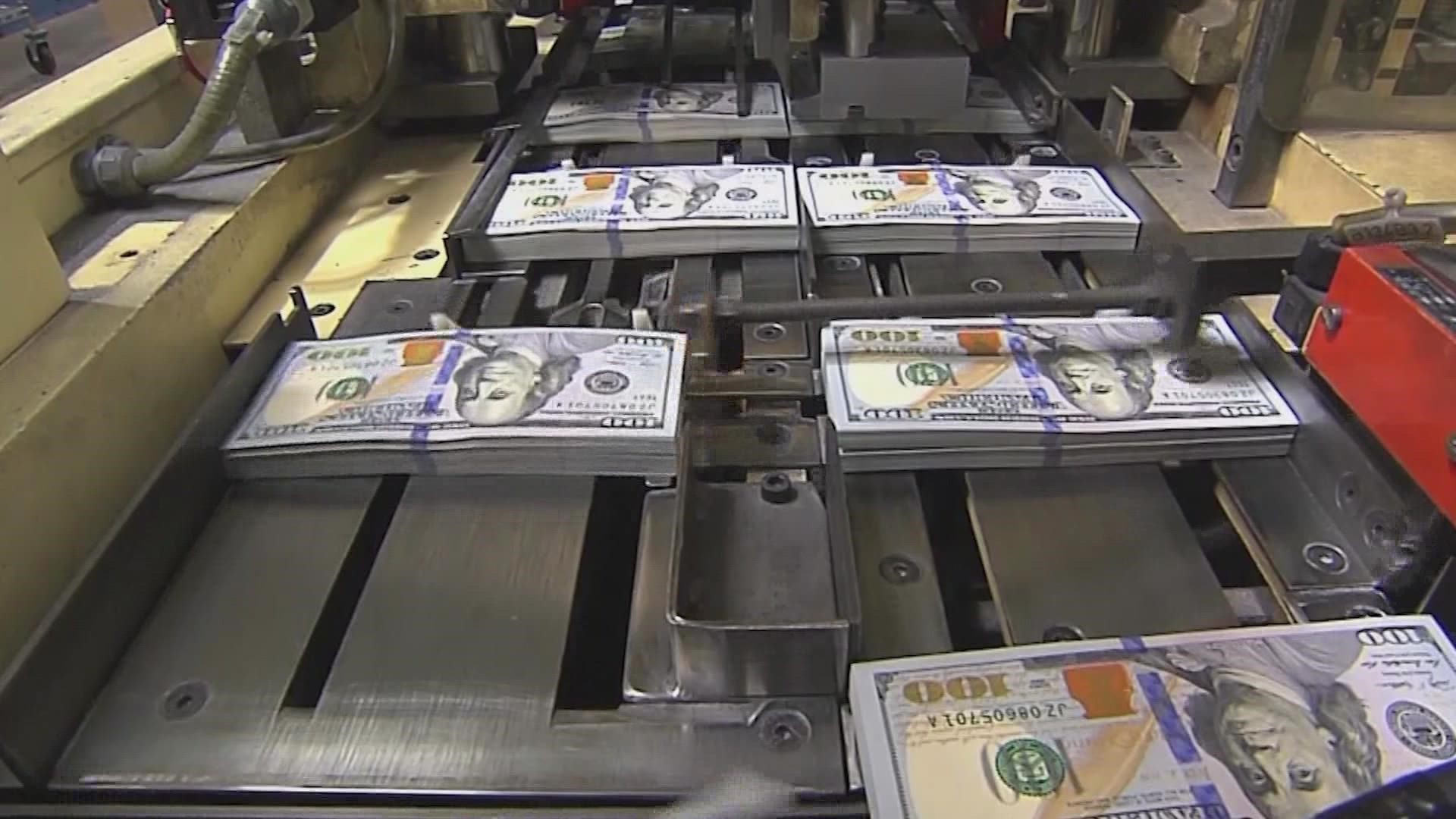KENNESAW, Ga. — Julia Tucker has been trucking along as a business owner for seven years. She ventured out to start CTEEZ Trucking and Equipment, based in Kennesaw. The small business, which operates with just two employees, supplies essentials for semi-trucks, along with diagnostic software and other automotive equipment. Tucker was motivated to start a business to gain a better work-life balance, but she has run into some roadblocks.
"There's a lack of support in our industry for drivers, business owners, a lack of funding," Tucker said. "The past five months, when gas prices went skyrocketing and oil prices went skyrocketing, that’s when we had our challenge.”
Tucker said rising inflation is prohibiting her from hiring more staff and spending money on more resources. She recently decided to shift her business model, focusing more on providing essential training in trucker maintenance rather than providing supplies.
"The cost of supplies today and the inflation, it’ll drown a company," Tucker said. "Inflation is really hurting a lot of us out here."
With inflation increasing, the Federal Reserve has raised interest rates several times this year to try and slow down the economy. That makes borrowing money more expensive, and those higher interest rates affect credit.
RELATED: How long will inflation prices last?
"Having credit allows you to kind of get through that a little bit, but not all of us have great credit," Tucker said. "If you don’t have cash on hand, you can’t keep operations going.”
A term called "credit invisibility," which refers to people with poor credit or no credit, has become a reality for many families during this economic period of record-high inflation. In a Harvard poll, 15 percent of Black and Latino families were considered "credit invisible," while nine percent of White families fell into this category.
Terri Denison, the U.S. Small Business Administration's Georgia District Director, said systemic and historical racial wealth gaps only made financial matters worse for people of color. The SBA said the median wealth for White families was $184,000. For black families, it's $23,000 and for Latino families, it's $38,000.
“That already puts you at a disadvantage," Denison said. "Then when inflation increases, that means you have less of a cushion to absorb the impact inflation would have. Inflation is never a good thing, because it erodes your spending power and it can erode your wealth as well, based on your composition of it.”
Denison said people of color typically spend most of their budget on items most susceptible to inflation, like food, transportation, rent or other housing costs. She argues more financial equity is needed to promote the success of minority-owned businesses and minority consumers as a whole.
“If people are in different situations, you need to treat them in accordance with that situation," Denison said. "If you treat them the same and there’s inequality, you’re basically perpetuating the inequality.”
Denison said good credit can counteract inflation to an extent. She said establishing or even building credit could take years, especially if one grows up in a family that primarily used cash or didn't take advantage of the financial system.
Financial expert Calvin Vismale advised people should cut costs and invest when they could. He said overcoming a lack of financial education has been a generational struggle for people of color, but building credit can help turn the historic problem around.
“Have multiple payments you’re making reported to a credit bureau, so it gives a profile that you are able to pay on time," Vismale said.
Meantime, Tucker will rely on her original motivation for starting her business to get her through financial times both good and challenging.
"What keeps me going is my family," Tucker said. "The families out there in the trucking industry also need to keep going. We want to fight with them, alongside them to keep their fleets going and keep their trucks moving so they can provide for their families as well.”
For more information on building credit and fighting inflation, click here.

